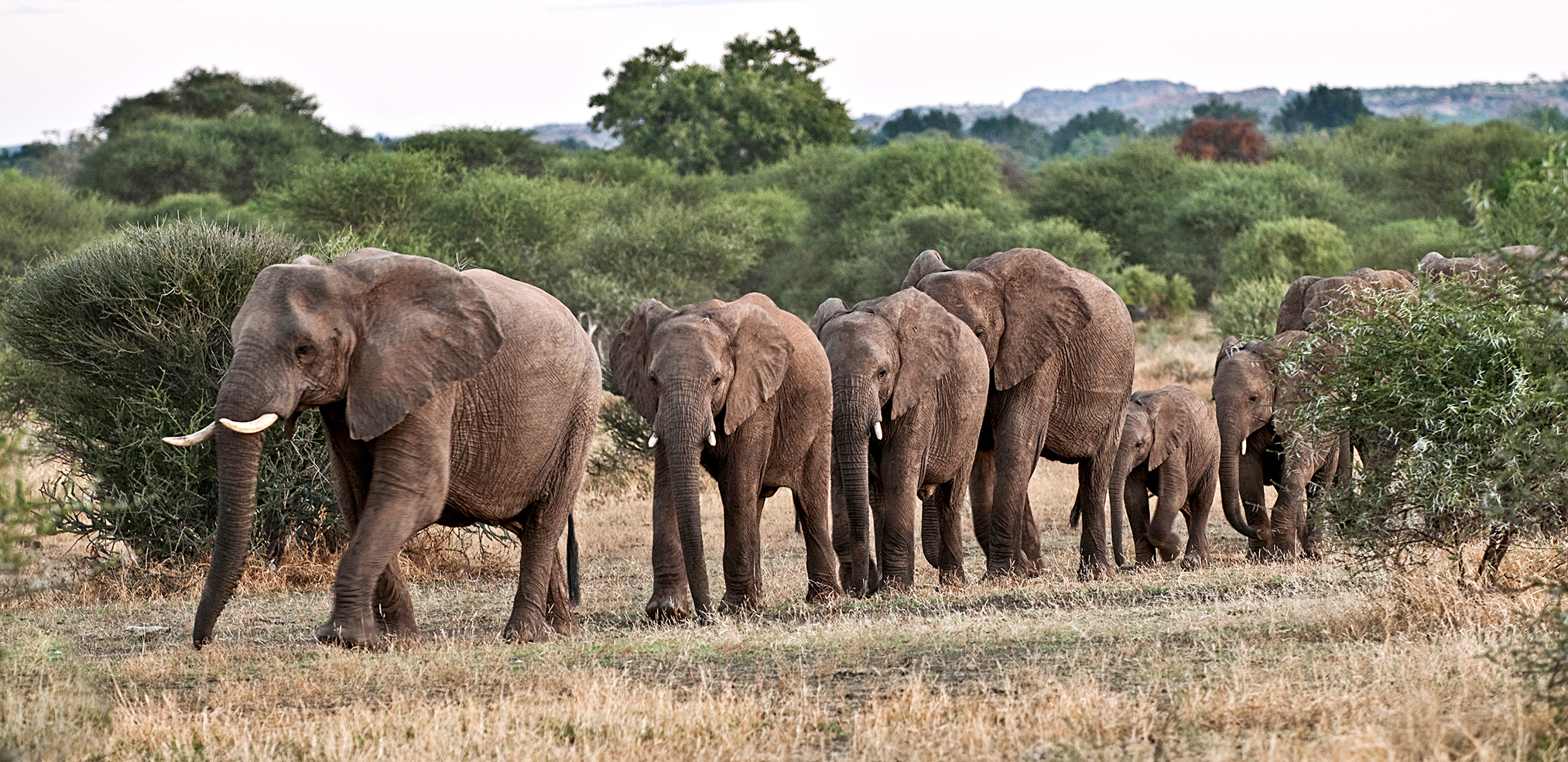It was in the midst of the Covid-19 pandemic. Lockdowns prevented access and when tests eventually got to laboratories, they were old and analysis unreliable. Poaching was ruled out because all the tusks were intact.
Could it be natural pathogens like anthrax or the encephalomyocarditis virus? But evidence for these was scant.
At the time, the Botswana government said it was probably cyanobacterial toxins, though direct evidence remained elusive. But the deaths of 25 elephants in neighbouring Zimbabwe from septicaemia in the same year cast some doubt on the toxins theory.
In a new study, researchers from King’s College London and the Okavango Research Institute say they have tracked down the cause: climate change.
Examining satellite data and ecohydrological assessments of more than 3,000 water holes in the region, they found a startling pattern: from one of the driest years in decades, 2019, the weather flipped to an unusually wet 2020. This created perfect conditions for cyanobacteria blooms.
Cyanobacteria, or blue-green algae, thrive in nutrient-rich, stagnant water in warmer temperatures and can produce cyanotoxins harmful to animals, including humans. The study found that in 2020, water holes in Botswana registered unprecedented levels of phytoplankton biomass, far exceeding the averages from previous years.
These toxic blooms were fuelled by sudden influx of rainfall which would have disturbed sediments in dry riverbeds, releasing nutrients.
/file/dailymaverick/wp-content/uploads/2024/12/Areas-in-northeastern-Okavango-where-elephants-were-found-Science-Direct.jpg)
Elephants drink up to 200 litres of water daily and became prime victims of these toxic waters. Researchers estimate that the animals drank from a number of contaminated pans before succumbing to the toxins. The study traced elephant movements and found that the animals likely walked up to 16km after initial exposure before dying.
It’s a stark warning about the cascading effects of altering climate systems on biodiversity and wildlife health.
The analysis, published in the journal Science of The Total Environment, showed that carcasses were clustered around 20 waterholes that exhibited repeated cyanobacterial bloom events in 2020. These water bodies, previously too dry to sustain life, were transformed into breeding grounds for cyanobacteria resulting from the sudden drastic shift in weather patterns.
While cyanobacterial blooms are not new, their increasing frequency and severity are closely tied to global warming. Rising temperatures, coupled with erratic rainfall patterns, have made ecosystems like the Okavango Delta more vulnerable to such events.
/file/dailymaverick/wp-content/uploads/2024/12/Dieoff-Image-Science-Direct.jpg)
As southern Africa continues to experience hotter, drier conditions, the risks posed by these blooms are expected to grow.
“This die-off represents a microcosm of the larger environmental shifts induced by climate change,” said the study’s lead author, Davide Lomeo. “It’s a stark warning about the cascading effects of altering climate systems on biodiversity and wildlife health.
“Southern Africa is projected to become drier and hotter under climate changes and, as a result, waterholes across this region will likely be drier for more months of the year. Our findings point to the potential negative effects on water quantity and quality and the catastrophic repercussions on animals this could have.”
/file/dailymaverick/wp-content/uploads/2024/12/The-elephants-died-on-their-feet-Botswana-government-handout.jpg)
The 2020 die-off is a grim reminder of the interconnectedness of climate change, ecosystems and wildlife health, says the study. With Botswana hosting the largest population of African elephants, such mass mortality events pose significant conservation challenges.
Preventative measures, says the research, could include real-time monitoring of water quality using satellite data and developing early warning systems for cyanobacterial blooms.
The elephant in the room, to use an irresistible metaphor, is of course the need to reduce greenhouse gas emissions to mitigate the long-term impacts of climate change on ecosystems worldwide. DM





 Consumptive use of elephants is problematic in that it favours short-term economic revenue over long-term ecological sustainability, the writer argues. (Photo: Don Pinnock)
Consumptive use of elephants is problematic in that it favours short-term economic revenue over long-term ecological sustainability, the writer argues. (Photo: Don Pinnock)